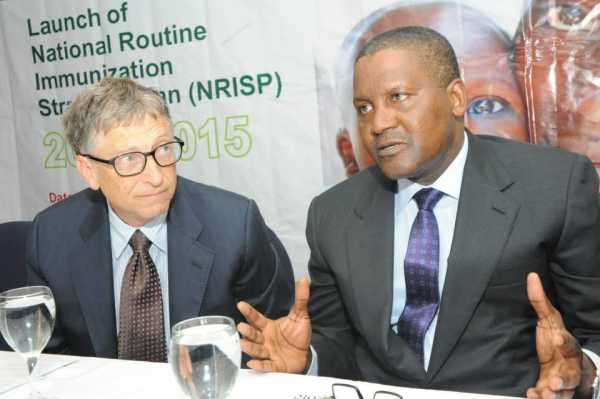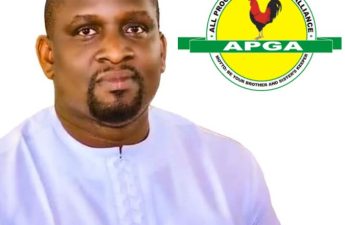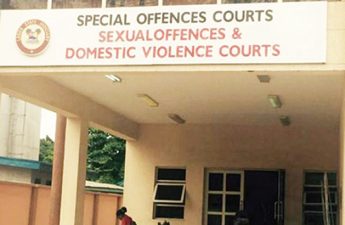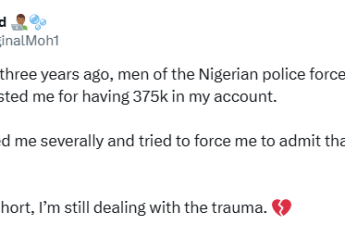Bill Gates, Microsoft founder and Co-chair of the Bill and Melinda Gates Foundation, in a telephone conference on Monday with reporters from Nigeria, Stockholm, Uganda and others, spoke about 2019 Goalkeepers Report, which was officially launched today and shared his hopes for Nigeria.
One of his hopes is that Nigeria would work to remedy the high level of poverty and inequality that exists in the country.
The second is that Nigeria will be able to raise the amount collected as domestic taxes to a level that will reach at least 15 percent of the GDP. And there is a reason that anchors this expectation: more revenue will allow Nigeria to invest in infrastructure, primary healthcare and other basic things that will alleviate poverty.
“One challenge that Nigeria has is that the amount of money that the government raises domestically is quite small compared to other countries. A lot of countries at that level will be raising closer to 15 per cent of GDP and Nigeria is one of the lowest in the world down at about six per cent.
“And so, it is a huge challenge that when you want to fund infrastructure, health, education, all those things, that over time the tax collection, the domestic resources are going to have to go up quite a bit.
“That’s a long-term effort and I think partly by making sure the current resources are spent well like on primary health care, you gain the credibility that the citizens will say, okay, we want more of these things. If we don’t raise the quality, you can get into a trap where they feel like paying the taxes don’t actually have that much impact, and so they’re not supportive of that”.
Bill Gates also spoke about the polio campaign, which he noted has been successful in Nigeria.
“Well, Nigeria is a super-important country and one that the foundation has an office there. We did a lot of work in Nigeria on polio and we learned a lot doing that. Nigeria has gone almost three years now without having a polio case.
“The biggest priority we have, although making absolutely sure we’re done with polio remains a big priority, now we’re able to focus even more on the primary health care system.
“If I had one wish for Nigeria, it would be that the quality and funding of the primary health care system would achieve the level of some other countries that are lower-income but have done a better job with the primary health care system. So, it definitely is doable.
“In Nigeria for a lot of the work we do there we’re partnered with Aliko Dangote, who helps us understand who the good partners are and exactly how we can reach out to groups like the traditional leaders and get them involved in these efforts as well.
“So, Nigeria is important, I’m hopeful about Nigeria. As you see in the report, the disparities within Nigeria are quite stark”.



